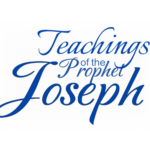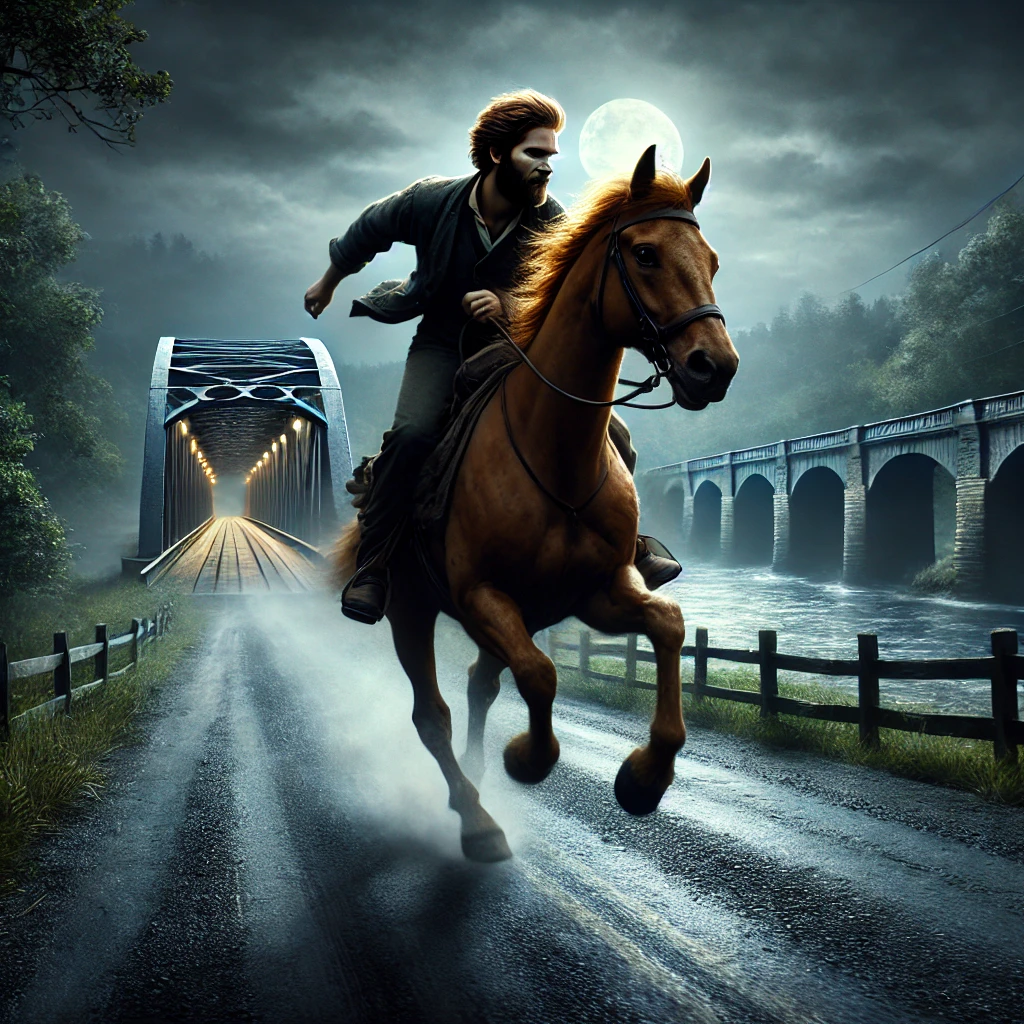My grandfather, Israel Barlow, was a very trusted bodyguard to the Prophet Joseph Smith. Shortly before the martyrdom (the exact date not being available), the Prophet called upon him and requested that he make a journey of many miles on horseback and deliver a message from the Prophet to a certain man who lived in a neighborhood of enemies to the Prophet and to the Latter-day Saints. He was asked to make special observations of what he might see and hear while on this mission. It was a hazardous time in the history of the Church and the Prophet was constantly in jeopardy, not only from enemies without but within the Church. The Prophet told him to leave on this errand on a certain day early in the morning and ride to a certain man’s home and there deliver the message. He was instructed to accept of their hospitality, which the Prophet Joseph assured him they would extend to him. “But,” said the Prophet, “let them put your horse up for you and eat supper with them, but when it becomes sundown saddle your horse and leave. They will be insistent and try to persuade you to remain overnight, but if you value your life do not stay, but leave, and listen to the direction of the Spirit.” He left promptly at sundown and rode along the country road until it became dark. Just before he came to the river bridge, a voice said to grandfather, “Ride faster.” He sped up his horse and the voice repeated again, and with more emphasis, “Ride faster.” And again he increased the speed of the animal when the voice said to him, “Ride for your life.” He then sped for all the animal’s strength. As the horse’s feet clattered across the bridge he could hear the mob, which had gathered in the brush to intercept him, cursing at the top of their voices. He had crossed the bridge but a short distance when the voice said to him: “Turn to the right,” and he turned his horse off the road into the brush toward the river. There he stood in silence as the mob, who had mounted their horses, came racing over the bridge at break-neck speed, and down the road they went, supposedly after him. After they had gone by he wound his way from the river’s edge to the bed of the stream, and on through the willows. In the darkness he made his way along the river in the opposite direction from which the mob had expected him to go. Finally when he thought it was safe, several miles away, he emerged from the river and made his way over the country back into Nauvoo, just as the day was breaking. There he saw the Prophet Joseph walking up and down the street in front of his home. As grandfather approached and alighted from his horse, he began to tell the Prophet of his experience. The Prophet stopped him and told him he need not tell him for he already knew. The Prophet told him that he had been up all night waiting for his return, and stated, “I saw it all; you have no need to tell me.” Thereupon the Prophet laid his hand upon grandfather’s shoulder and gave him a blessing and said: “Thee and thine shall never want.”
Ora Haven Barlow, The Israel Barlow Story and Mormon Mores (Salt Lake City, Utah: Publishers Press, 1968), 194-95; Mark L. McConkie, Remembering Joseph, pp. 218-219.

